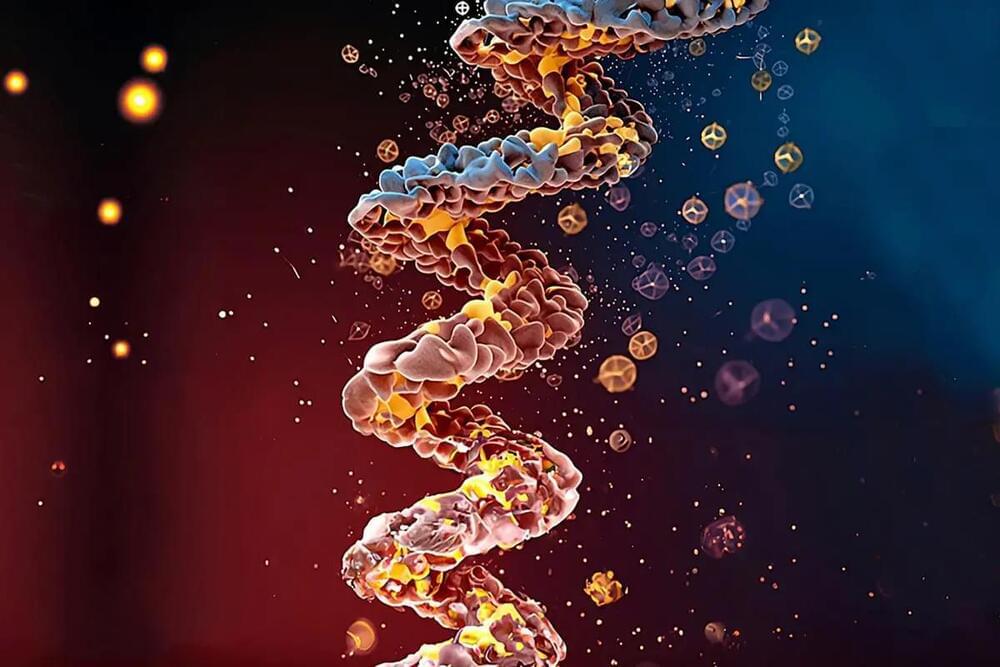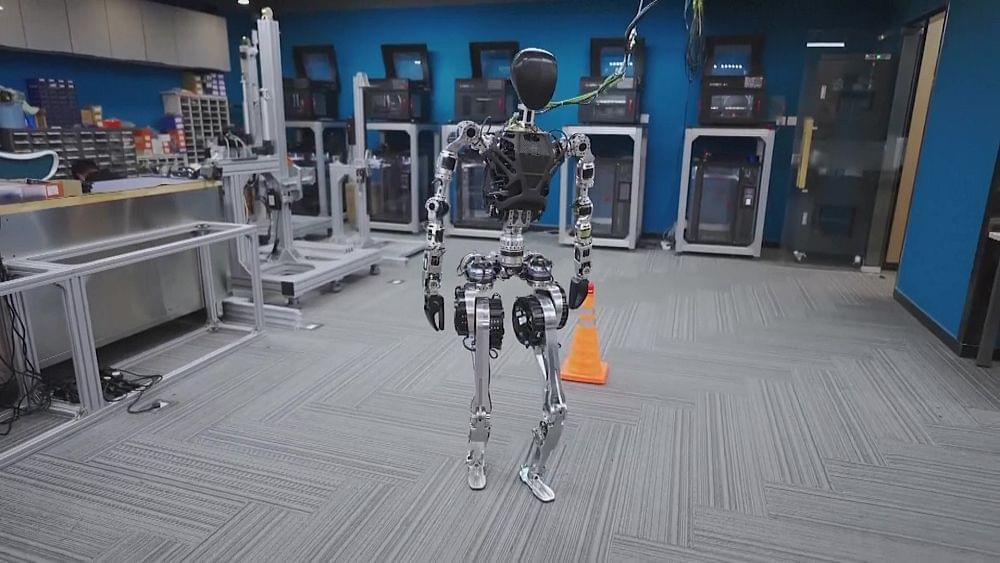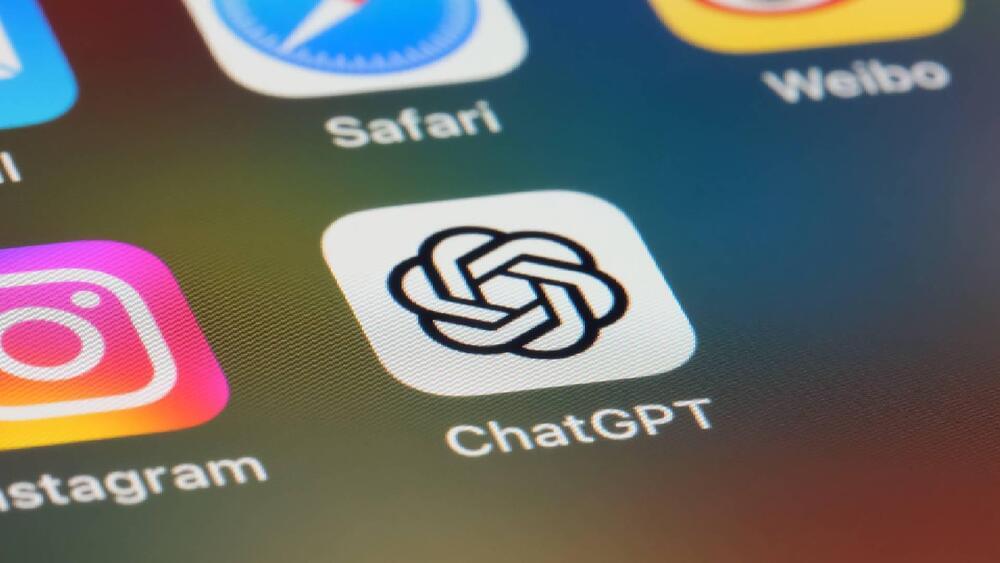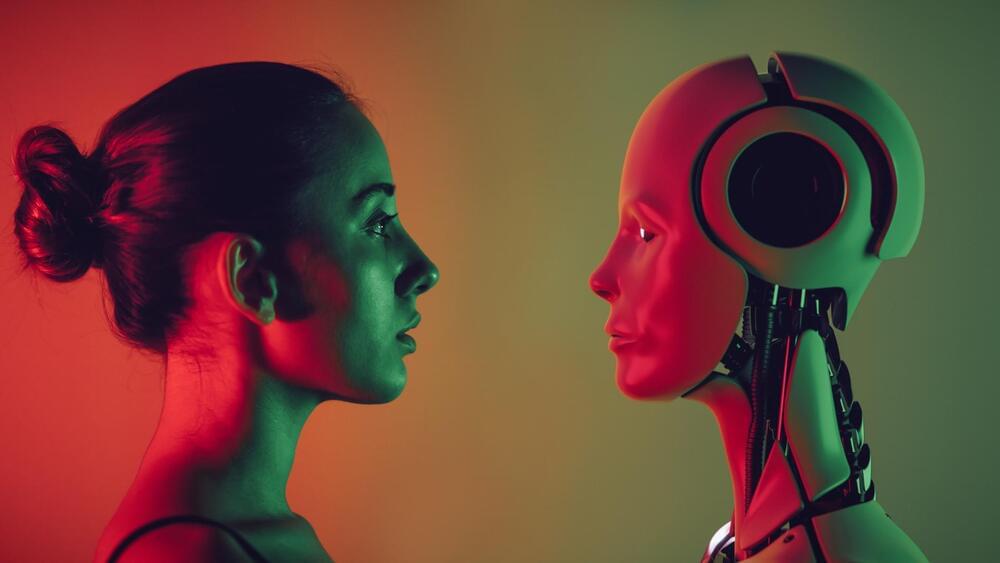When people say there s no money for advanced AI research, robotics research, energy research, etc… etc… take a close look at who was rollin in money and buyin below items.
“The fraud was so easy to commit. All of the information was self-reported and none of it was verified or checked,” Haywood Talcove of LexisNexis Risk Solutions told The Post.
“During the height of the pandemic, it was really hard to purchase [luxury] items like a Rolls-Royce, or a high-end Mercedes because you had people walking in with cash from the PPP program to purchase those items for whatever the dealer was asking,” Talcove said.
Justice might finally be catching up with some of the fraudsters: A total of 803 arrests have taken place as of May 2023 for pandemic fraud, the SBA said.






